Safe Link Converter
Encrypting your link and protect the link from viruses, malware, thief, etc!
Made your link safe to visit.
Types of Insurance
- Life insurance.
- Health insurance.
- Auto insurance.
- Homeowners insurance.
- Renters insurance.
- Umbrella insurance.
- Travel insurance.
- Pet insurance.
INSURANCE: Definition, How it Work, Types, and Benefits
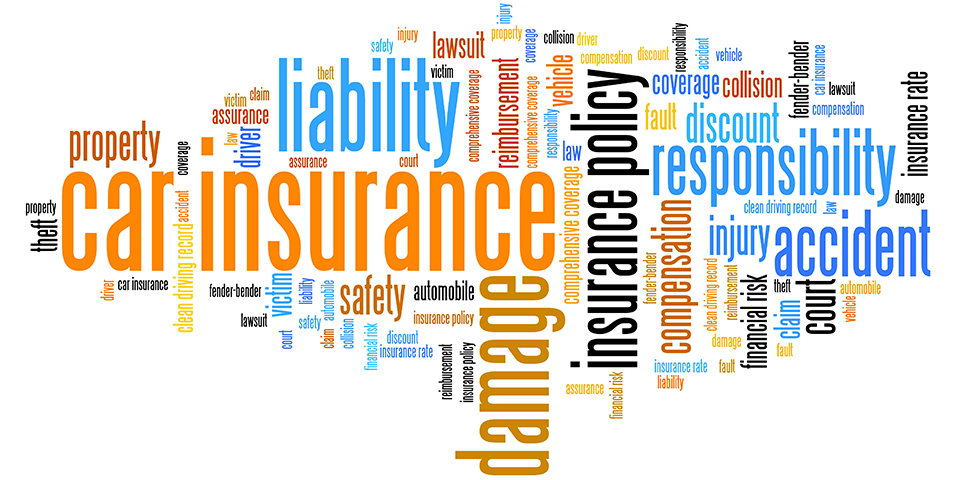
What Is Insurance?
Insurance is a contract, represented by a policy, in which an individual or entity receives financial protection or reimbursement against losses from an insurance company. The company pools clients' risks to make payments more affordable for the insured.
Insurance policies are used to hedge against the risk of financial losses, both big and small, that may result from damage to the insured or her property, or from liability for damage or injury caused to a third party.
How Insurance Works?
There is a multitude of different types of insurance policies available, and virtually any individual or business can find an insurance company willing to insure them—for a price. The most common types of personal insurance policies are auto, health, homeowners, and life. Most individuals in the United States have at least one of these types of insurance, and car insurance is required by law.
Businesses require special types of insurance policies that insure against specific types of risks faced by a particular business. For example, a fast-food restaurant needs a policy that covers damage or injury that occurs as a result of cooking with a deep fryer. An auto dealer is not subject to this type of risk but does require coverage for damage or injury that could occur during test drives.
There are also insurance policies available for very specific needs, such as kidnap and ransom (K&R), medical malpractice, and professional liability insurance, also known as errors and omissions insurance.
Important: In order to select the best policy for you or your family, it is important to pay attention to the three critical components of most insurance policies the deductible, premium, and policy limit.
Types And Benefits of Insurance
1. Health insurance

Why you need it: Both expected and unexpected health care expenses including routine visits, medications, emergency stays, and serious surgeries can add up quickly and cause a lot of debt for those who can’t afford the out-of-pocket costs.
Who needs it: Everyone
What it is: Health insurance is a contract between a health insurer and a policyholder that requires the health insurer to pay for all or at least a portion of medical costs.
Having adequate health insurance is a must. HealthMarkets recently conducted a survey where we asked more than 1,700 people of various ages, locations, and backgrounds throughout the United States about their health insurance plans and the coverage(s) provided. We found the following results:
- Uninsured respondents frequently had higher costs for emergency medical care but are the least likely to be able to afford it.
- More than 80% of uninsured respondents who had an emergency either could not afford the costs or required six or more months to pay off the bills.
- While Medicare and Medicaid recipients were the least likely to have to pay for emergency costs, when they did, they were the least able to afford it out of the insured population.
- Those on Medicare or Medicaid were two times more likely not to be able to afford emergency costs compared to those with employer-provided plans.
- More Medicare or Medicaid recipients had lost monthly premiums and low monthly out-of-pocket costs than those on employer-provided or Affordable Care Act (ACA) plans.
2. Life insurance

Why you need it: Death can be expensive from settling an estate to planning a funeral, the associated costs can really set you back but a life insurance policy will ease the financial burden placed on a surviving spouse and dependents (i.e. children).
Who needs it: Those with dependents
What it is: In the event of death, a life insurance policy pays a beneficiary an agreed-upon amount of money to cover the expenses left by the deceased. A beneficiary is a person or entity named in a policy who receives benefits, such as a spouse.
Life insurance is one type of insurance that is readily available, and yet, all its benefits are often overlooked. People tend to think of life insurance only as the means to pay final expenses. Although this is true, one of the more compelling reasons to purchase life insurance is to replace lost income for those that remain and are dependent upon that income to help keep the bills paid and/or to pay off debt.
An often overlooked expense that occurs when someone passes their property on to their heirs is estate taxes. Sufficient life insurance provides a way to pay these taxes. It’s wise to consider if the amount of your estate is large enough to warrant the need to cover estate taxes.
Life insurance is also a way for a parent or parents to ensure that their kids can still go to college if something should happen to one or both of them.
Then there are insurance policies that will accumulate cash value. The accumulated cash value can be borrowed against in lieu of taking out a loan when you’re short on cash.
For the business owner, a substantial life insurance policy can insure against business loss. Effectually, a key-man policy insures that if a business partner/partners or key employee/employees are lost in a fatality, the remaining partner/partners would have the financial resources to continue the business and find replacements for those individuals.
3. Auto insurance
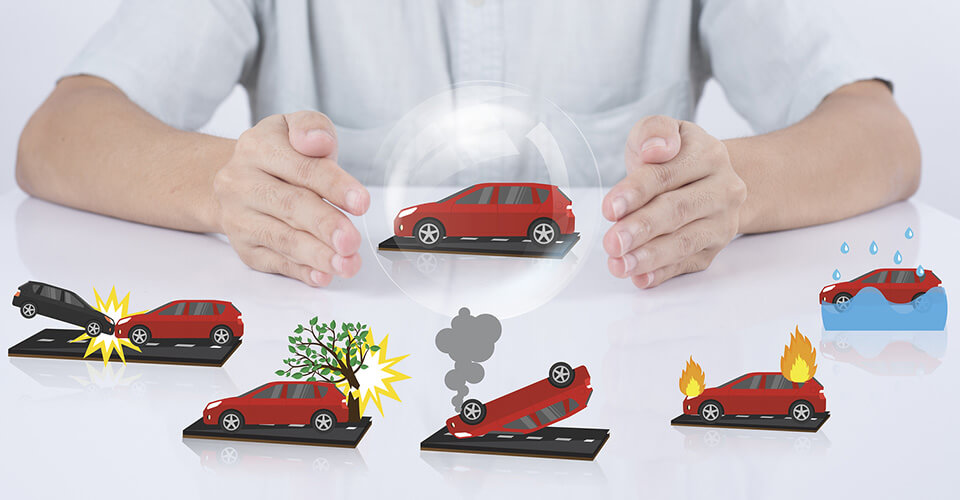
Why you need it: Driving while uninsured is against the law and dangerous because the driver and their vehicle aren’t protected against an accident, collision, or general theft and vandalism.
Who needs it: Drivers
What it is: Auto insurance covers cars, motorcycles, trucks, and other vehicles, and is intended to protect against physical damage or bodily injury that could result from driving, whether the incident is reckless or an accident.
The number of uninsured and/or underinsured drivers in many states is staggering. This is especially true in states like Florida, which do not require that vehicles carry bodily injury coverage. Uninsured motorist coverage applies in situations where the at-fault vehicle owner and its driver either lack bodily injury coverage or fail to maintain bodily injury with enough coverage.
As a personal injury attorney in Florida, I handle many unfortunate cases involving individuals who suffered injuries due to motor vehicle collisions. More than half of my clients are unable to pursue a claim against the at-fault driver and vehicle owner because these at-fault individuals did not carry bodily injury coverage. In these situations, the injured individuals are unable to successfully pursue a claim for their injuries and damages against the at-fault parties. These individuals are often left with mounting medical bills that they are forced to pay out of their own pockets. This can lead to financial ruin, all because of some other person’s negligence. However, if the injured individual carries uninsured motorist coverage, they will have an insurance policy that will cover their medical bills, lost wages, pain and suffering, and any other damages they sustained as a result of the motor vehicle collision.
Uninsured motorist coverage also provides an additional layer of protection in the event that the at-fault parties do not have sufficient bodily injury coverage. This would be helpful in a situation where the at-fault parties carry minimal bodily injury coverage (i.e. $10,000.00) and the injured person’s injuries and damages far exceed [that amount]. The uninsured motorist policy would step in and provide the extra funds to pay for the damages that run in excess of the minimum bodily injury policy.
It is extremely important for drivers to purchase uninsured motorist coverage to protect themselves and their passengers from the growing number of uninsured and/or underinsured drivers on the road today.
I find myself having many difficult conversations with my clients explaining that I cannot pursue a claim on their behalf because the at-fault parties lack any bodily injury coverage. It is a tragic outcome, especially when there are catastrophic life-changing injuries.
4. Homeowners insurance
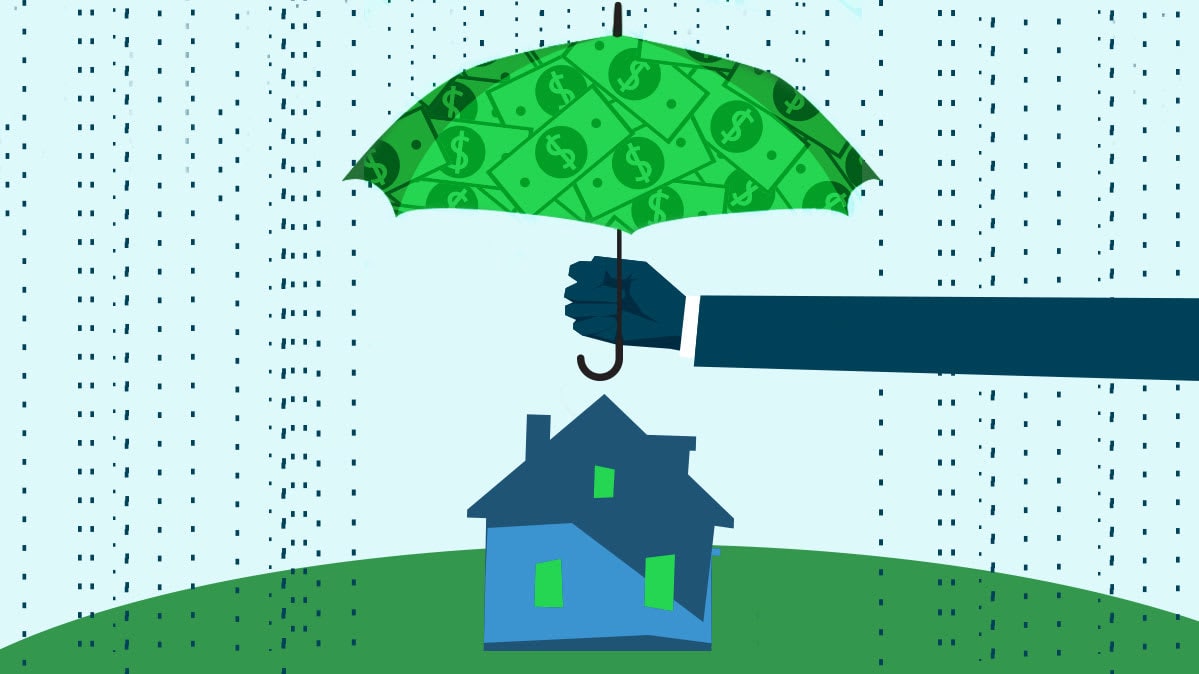
Why you need it: Maintain your home and keep its property value high, plus be covered in the case of major damage, like a house fire.
Who needs it: Homeowners and landlords
What it is: Homeowners insurance covers the house you reside in and any associated structures, such as a porch, garage, and balcony.
One of the most overlooked forms of insurance for residential property owners is flood insurance — even in areas that are not considered ‘flood zones.’ Almost one of every four flood claims occur in areas not designated as flood zones. Flooding is the number one natural disaster in the United States, and it’s not covered under the standard homeowner's insurance policy. According to FEMA, 5 inches of water in a home will cause more than $11,000 worth of damages.
5. Renters insurance
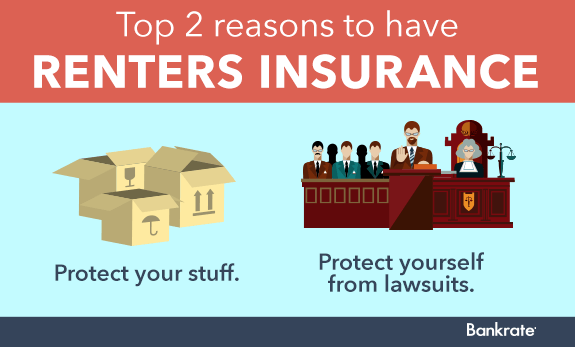
Why you need it: Things happen — that’s a mantra every renter knows to be true, and so they protect themselves and their property while renting. In fact, many landlords require it.
Who needs it: Tenants
What it is: Renters insurance is used by tenants to cover personal property in case of damage or theft, which is not the responsibility of the landlord.
I am a real estate professional who buys houses and owns and manages rental properties. As someone who manages rental properties, one often overlooked insurance need is renters insurance. This is generally not required insurance, which is why it is commonly overlooked. However, tenants’ belongings are not covered by the owners’ property insurance. In the event of a flood, natural disaster, burglary, fire, or other mishaps, the tenants’ belongings would be at risk. Generally speaking, a renters policy is relatively low cost and can provide a great deal of peace of mind should an accident or other event occur.
6. Umbrella insurance
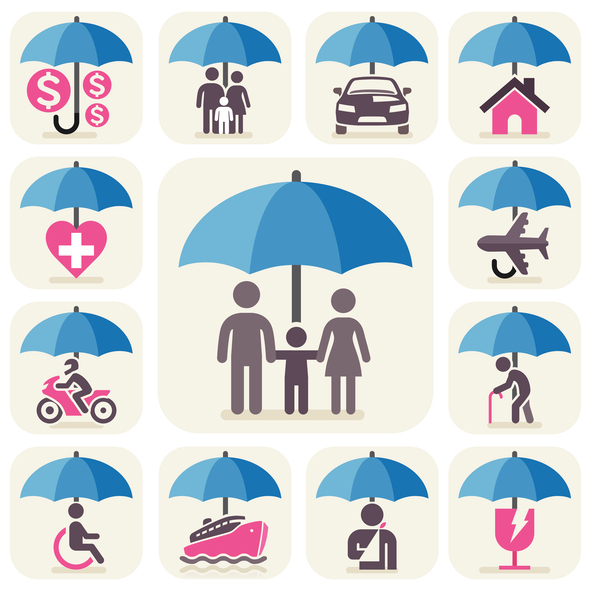
Why you need it: If you think you may need extra coverage in addition to another type of insurance policy, for example on a home or vehicle, then umbrella insurance will help further protect you from the risk of being sued for damages.
Who needs it: Anyone already insured
What it is: Liability insurance is what’s called umbrella insurance because it covers costs in excess of other insurance policies.
Think of an umbrella insurance policy as extra insurance for your insurance. … For example, let’s say you get into a car crash. Your auto insurance will payout and make you whole. Now, let’s imagine in your car crash that the other car is a Lamborghini. Your insurance might not cover enough damage in that situation. Rather than paying out of pocket, your umbrella insurance policy will kick in and cover the difference. While not a likely scenario, an umbrella policy here could save you thousands of dollars.
In other words, your umbrella insurance policy will add extra protection to all of your existing insurance policies in case you are in a situation where your insurance just is not enough.
7. Travel insurance

Why you need it: Planning to jet off to a new destination? Then make sure the cost of your airfare is covered in case of medical emergencies or other incidents that may cause a trip to be cut short.
Who needs it: Travelers
What it is: Travel insurance covers trip cancellations, lost or misplaced luggage, travel accidents, and even medical expenses while on the trip.
One type of insurance that is often overlooked is travel insurance. Conversely, sometimes people buy travel insurance when they don’t need [it.] … Unless you are well familiar with the benefits you already enjoy with any of your other current insurance policies, credit card benefits, membership programs, etc., then you could potentially end up buying a policy that has some duplication of benefits with what you already have.
The vast majority of typical major medical health insurance policies only offer a travel insurance element to the extent that it involves emergency care. There are usually very restrictive provisions on what is and isn’t covered, so those who are planning to travel would do well to purchase a separate travel insurance policy with the specific benefits that they are looking for.
Some of the things to look for in a travel insurance policy include the following major types of travel insurance coverage: major medical, accident, evacuation (immediate transport home in the event of a major illness or accident), and trip cancellation/interruption. Each of these different elements can be purchased separately or combined as a package policy.
One major pro to purchasing a comprehensive travel insurance policy is simply peace of mind.
8. Pet insurance

Why you need it: Paying into pet insurance may be more cost-effective than paying a lump sum to your vet should your pet need emergency medical treatment, like an emergency room visit.
Who needs it: Pet owners
What it is: Pet insurance (mostly for dogs and cats) covers all or part of veterinary treatment when a pet is hurt or sick. There are two types of pet insurance: a wellness plan that covers routine visits and shots, and a health insurance plan that is more comprehensive of genetic diseases and major surgeries.
Pet insurance is a great thing to have for your pets. There are different plan types. Some just cover accidents and illnesses, and some cover wellness, also. If you get a plan that covers everything, usually it pays for itself.
If your dog is ever in an accident or gets sick, it will be a great thing to have. Some major surgeries and hospitalizations for illness can be very costly. Pet insurance can help your $2,000 to $3,000 dollar bill go down to a few hundred.